A leading NZ farm financier is speaking out about fears over foreign ownership of New Zealand farm land and processing facilities.
Chinese interests have bought good dairy land and are building a factory at Pokeno to vertically integrate from grass to baby, says Don Fraser of Fraser Farm Finance.
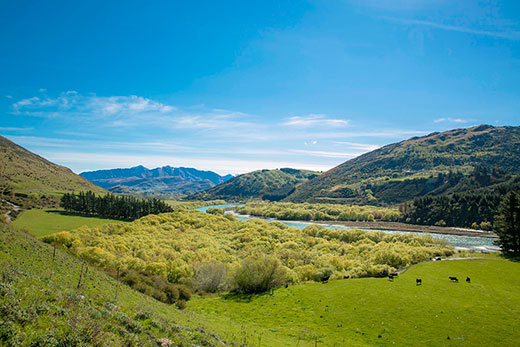
“This means they control every aspect of the supply chain and NZ gets near to nothing,” says Don.
“They will own the farms, staff them, send the milk to their own factories, manufacture it into baby food and send it straight home. Will Kiwi firms be able to get an import licence for baby food into China then?”.
Don’s concerns are shared by Waihi dairy farmer Ben Langford.
“I don’t own a farm, but certainly want to in future. It worries me that even poor countries like Thailand don’t sell their land to foreigners.”
Most New Zealanders can’t compete with the kind of money overseas investors have to spend on land, says Ben, who is worried that will exclude himself and other young farmers from land ownership in future.
“The other side is that older farmers who want to get out of farming naturally want to get the most they can for their property – and that might be by selling to an offshore buyer.”
Kawarau station
There has been a good deal of foreign interest in Kawarau River Station, one of the Wakatipu Basin’s most significant freehold land blocks, which went to mortgagee auction on July 4.
However it was Auckland developer Porter brothers who bought the Wakatipu Basin freehold land blocks for $8,050,000 at the high-profile auction in Queenstown.
Ray White Queenstown realtor Bas Smith says there had been a “very high and encouraging level of enquiry” from international and national buyers in the 1825 hectare property.
Don Fraser’s solution to keeping rural land in NZ ownership is leasing, not selling.
That’s what happened in 2004, when Shania Twain and her then-husband, record producer Robert John ‘Mutt’ Lange, bought 33-year leases for two Otago stations, covering about 25,000ha of high-country for about $21 million.
However, John Willems of Queenstown, business man and former avocado grower of Katikati has another answer.
John, who arrived in New Zealand from Holland in 1955, believes emigrants – like himself – should pay 10 per cent extra when they buy New Zealand property.
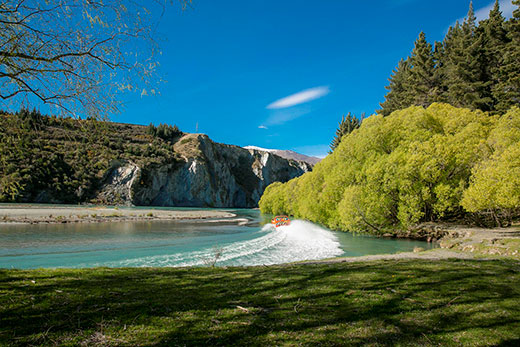
Contribution
“That 10 per cent should go to councils, not the Government, to contribute to the infrastructure such as roading that they will enjoy the use of but have made no contribution to,” says John. “It’s not picking on any nationality, I think it’s just fair and would make it a level playing field for everyone.”
He doesn’t object to foreigners buying land here but does believe they should become New Zealanders and their earnings from the land should benefit this country, not be send overseas.
John, who was involved in the development of the Ruapehu Happy Valley ski field among other ventures, says it’s a privilege to live and work in New Zealand – and for him life here has been “a wonderful ride”.
Todd Muller, Tony Ryall’s successor as the National Party candidate for the Bay of Plenty, says foreign investment is vital for this country.
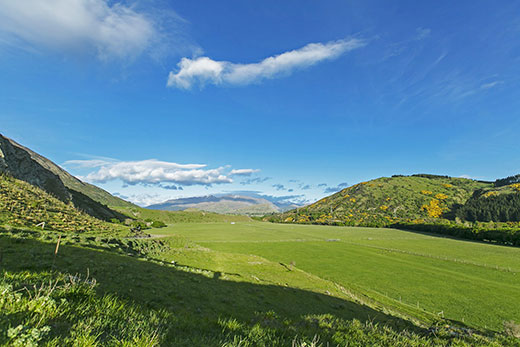
Vital
“It needs to be recognised that a level of foreign investment – with the right checks and balances – is vital to the New Zealand economy and to our own ability to access foreign markets,” says Todd, who has been a general manager for Zespri, chief executive of kiwifruit company Apata, and most recently group director cooperative affairs for Fonterra. In the last five years, Todd says Chinese purchasers have received fewer purchasing consents than buyers from the US, Australia, the UK, Germany, Switzerland, and Canada.
“Under this Government, Chinese applicants make up only four per cent of all approved applications for rural land purchases by foreigners.”
The National-led Government has already restricted overseas investment in sensitive land and residential land, says Todd.
“Our 2010 changes enabled the Overseas Investment Office to consider a wider range of criteria before approving land investment in New Zealand – including large-scale ownership of farmland.”
In order for a sale to be legal, a foreign buyer must demonstrate a sale delivers a benefit to New Zealand over and above what would be produced if the land stayed with a New Zealander. In almost all cases, the land must be offered for sale to New Zealanders before it can be sold to a foreign buyer. Leaseholds of more than five hectares of rural land still have to go through the OIO process.“We believe the new rules strike an appropriate balance between those criteria and ensuring access for our primary producers to international markets continues to grow,” says Todd. “It is important to note our overseas investment regime has recently been assessed by the OECD as still one of the more restrictive in the developed world.”
Among other high profile sales of NZ rural land was that to Canadian director James Cameron, who bought more than 1000ha of South Wairarapa for $20 million. US billionaire Julian Robertson owns a 2000ha property at Cape Kidnappers, where he’s spent about $90 million –and he also owns the Kauri Cliffs golf course in Northland.

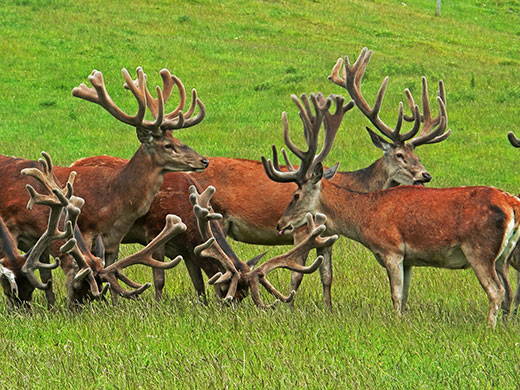


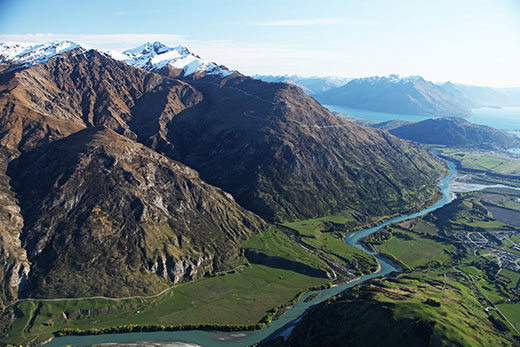
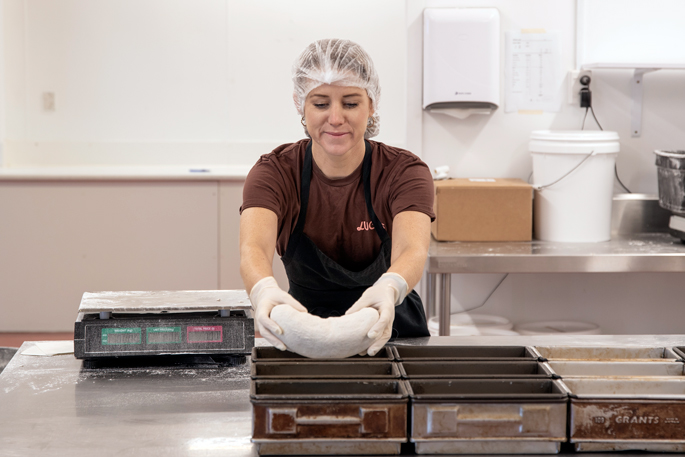
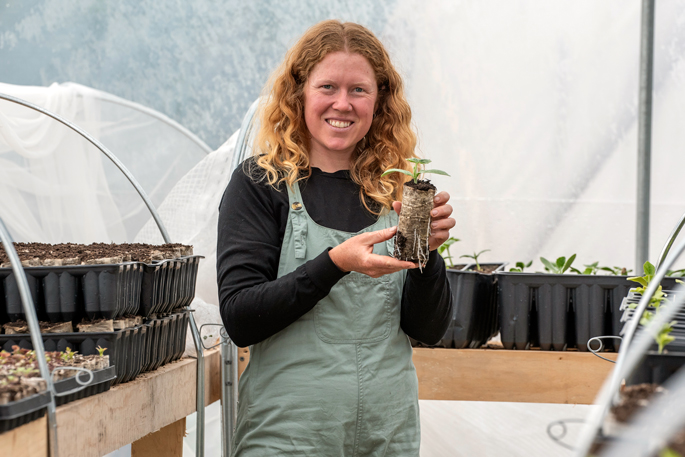
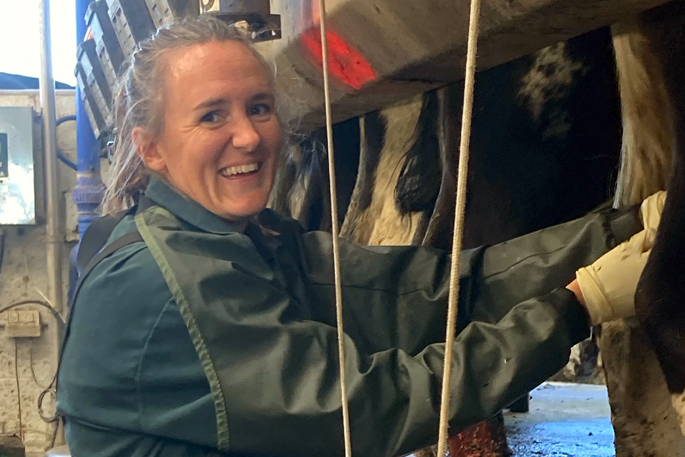
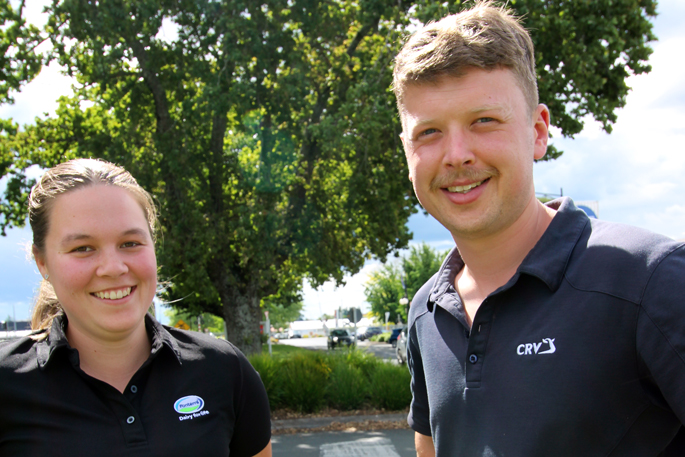
0 Comments
Leave a Comment